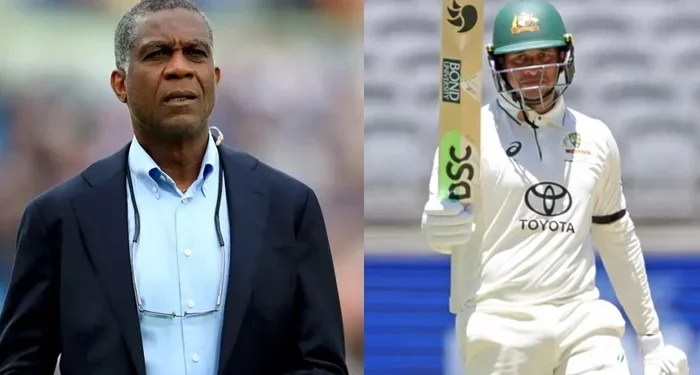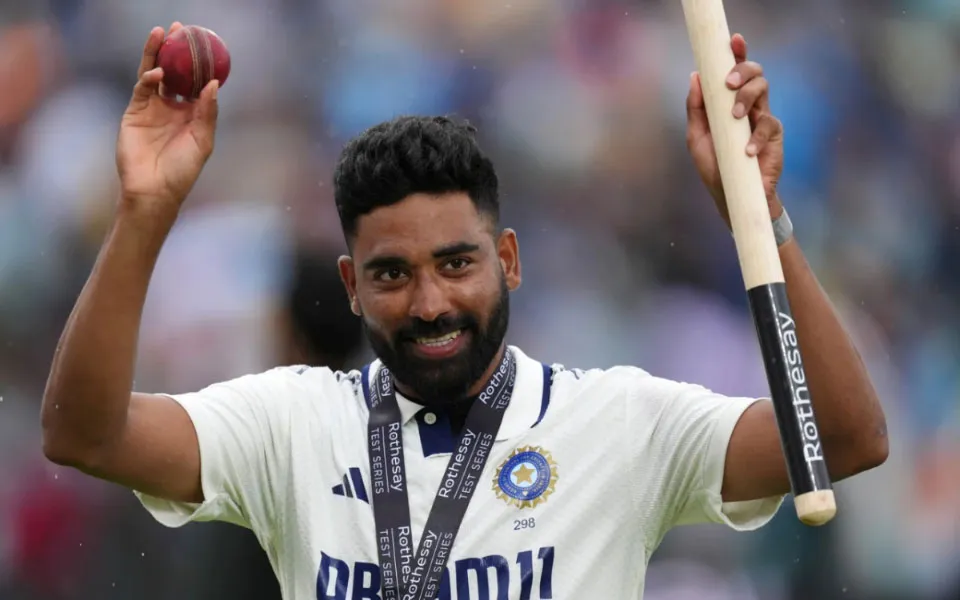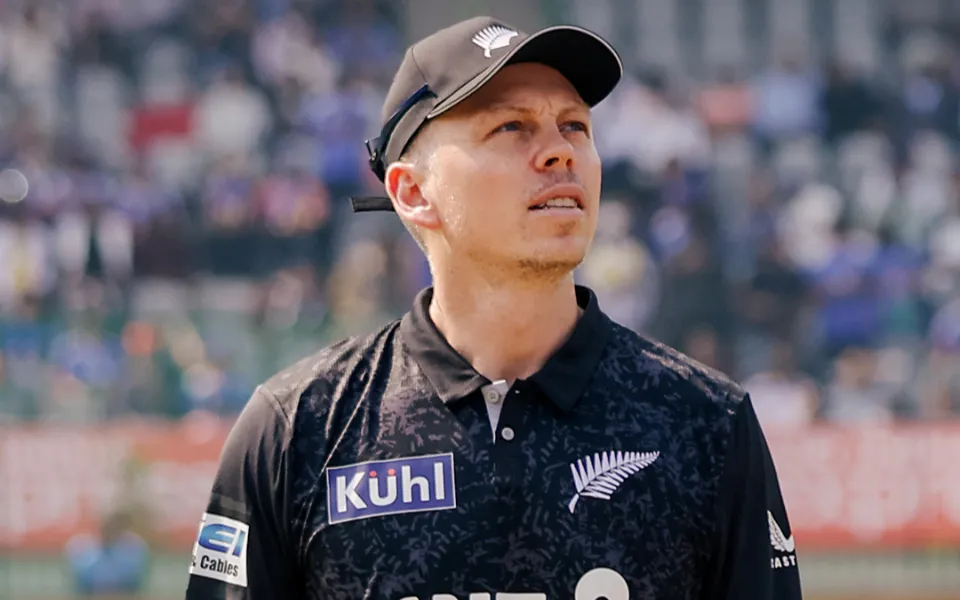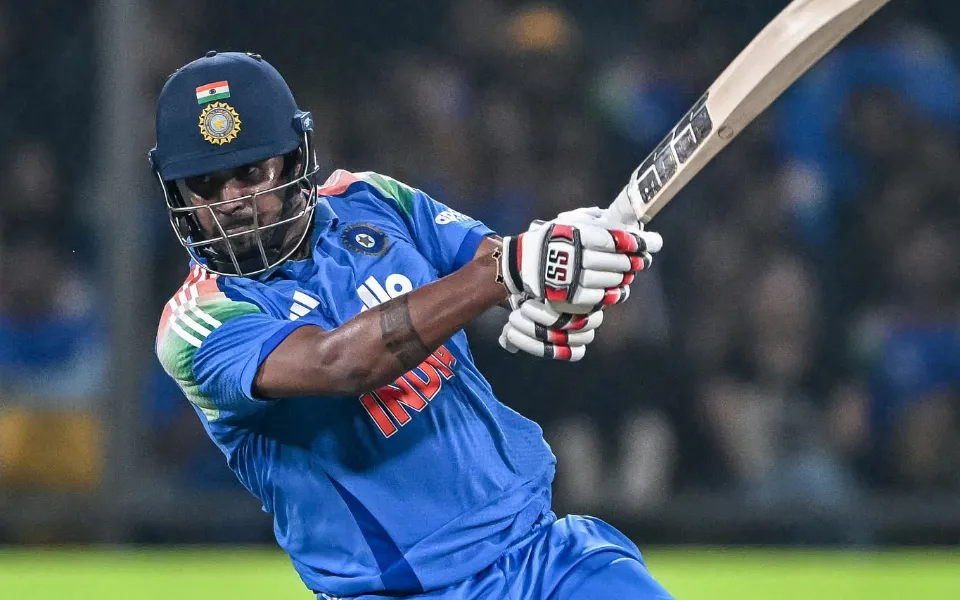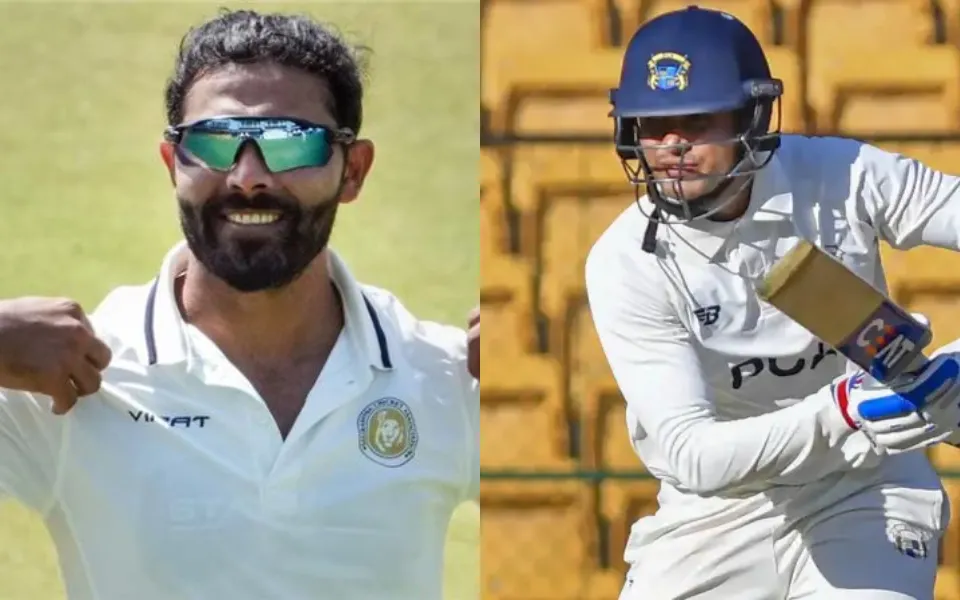During the first Test match between Australia and Pakistan in Perth, star opener Usman Khawaja was not allowed to wear sneakers bearing the slogan “All Lives are Equal.” In remembrance of the thousands of Palestinian youngsters who died in their ongoing conflict with Israel, the 37-year-old later chose to wear a black armband. After the International Cricket Council (ICC) voiced their disapproval, the cricket player made two media appearances to clarify the circumstances. Michael Holding, a great cricket player, criticized the ICC for their “lack of moral standing and hypocrisy” in the meantime.
He argued that Khawaja’s lack of ability to speak out against racism during the Black Lives Matter (BLM) movement is a clear example of the governing council’s “hypocrisy” and should be condemned.
Michael Holding, meanwhile, acknowledged that he was not shocked to see this.
Having followed the Khawaja scandal closely, I can’t claim that the ICC’s position has surprised me. They demonstrate their dishonesty and low moral standards as a company once more, Holding stated to The Weekend Australian.
“Messaging related to political, religious, or racial activities or causes shall not be approved,” according to the ICC standards. How in the world were people permitted to take a knee in support of BLM, and why were LGBTQ colors painted on stumps? He inquired.
As of right now, Usman Khawaja will not be allowed to wear shoes or a bat with a peace symbol for the Boxing Day Test match against Pakistan in Melbourne. Captain Pat Cummins also conveyed his surprise at the decision. The cricket player was training with a sticker of a black dove bearing the text 01:UDHR, which is a reference to Article One of the Universal Declaration of Human Rights. The sticker was quite noticeable.
He also met numerous times with Cricket Australia (CA) and the Indian Cricket Council (ICC) in an attempt to find a way to resolve the issue and convey a message through cricket, but the two parties have not reached an agreement.
